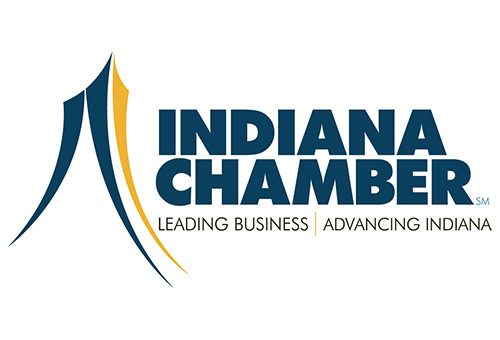
INDIANA — The Indiana Chamber of Commerce is calling on Indiana Senate Majority Republicans to restore the tax reductions in House Bill 1002 that would benefit all taxpayers. In a recent committee meeting, the Senate group removed all the tax relief from the legislation, which is a top priority of House leadership and the business community.

Indiana Chamber President and CEO Kevin Brinegar say the General Assembly should not hold onto so many taxpayer dollars when the state’s fiscal position is “incredibly strong with record reserves of $6 billion and growing. This amount is over twice the reserve level recommended by economists and national fiscal experts. On top of that, Indiana has a structural surplus of over $2 billion, meaning it is collecting $2 billion more than it is spending.”
In the House-passed version of HB 1002, several tax relief provisions would benefit employers and individuals.
These include the phaseout of the 30% depreciation floor in the state’s business personal property tax – something the Indiana Chamber has long advocated to see. “This tax requires business owners to pay on essential business machinery and equipment based on 30% of its original value even after it has depreciated too much less than 30%. This is an anti-competitive tax that punishes businesses that invest in equipment to grow their output,” Brinegar explains.
He stresses that the phaseout of the 30% floor has only a very nominal average impact on the growth rate of local government revenues – less than 0.6% after the proposed 13-year phaseout is complete. Meanwhile, the projected annual growth in local revenues is over 3% for that time period.
“This phaseout does, however, impact a small number of locales more significantly. So in those cases, we support a revenue replacement mechanism,” Brinegar states. “We are not advocating any revenue loss to local governments.”
Among the other HB 1002 provisions, the Senate removed: a repeal of the utility gross receipts tax that drives up energy bills of Indiana businesses and homeowners, as well as a reduction in the state income tax rate for all individuals and pass-through businesses.
“Lawmakers need to know that these important tax relief and competitiveness measures need to happen and how they would help many businesses spur greater investment,” Brinegar says. “That would be good for taxpayers, good for economic growth – and Indiana has the resources to do it.”
Brinegar concludes by noting that the same Republican-controlled committee that removed all the tax cuts from HB 1002, “ironically” voted a few weeks earlier to reduce taxes for a much smaller segment: tobacco users.
“They elected to cut tax rates for e-cigarette/vaping products by 40% before the tax even goes into effect this summer, plus lowered the cost on other tobacco and nicotine delivery products. With Indiana having one of the highest tobacco usages in the country, making it less expensive to obtain these highly addictive, health-damaging products makes no sense.”



